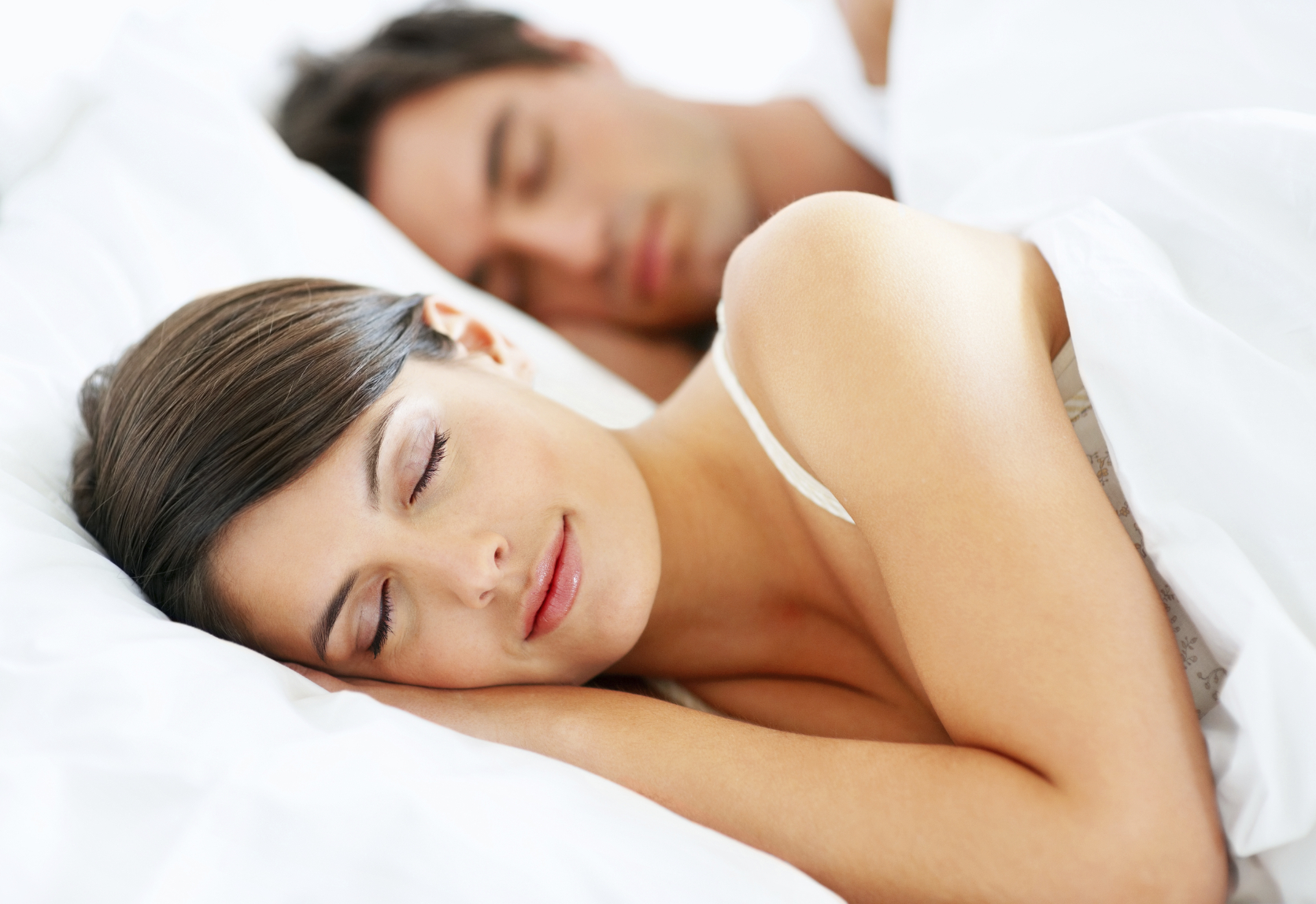
You're in great hands
We make sure all our new patients feel welcome, safe, and taken care of. During your first visit, a Respiratory Therapist will review your respiratory history. For diagnosis, they will examine your sleep study. From there, the Respiratory Therapist will explain any issues and help you choose options for treatment. We typically proceed with Sleep Apnea testing at a time that is most convenient for you.
Frequently Asked Questions:
Sleep apnea is a disorder characterized by brief pauses in breathing during sleep. The pauses cause a partial arousal from sleep and prevent a good night’s rest.
Whether you have just been diagnosed with sleep apnea or think your partner may have the condition, you probably have some questions. Learning more about sleep apnea and how it’s treated will help you manage the condition, decrease complications and improve your quality of sleep. Below are some common questions and answers to help you understand more about sleep apnea.
1. What causes sleep apnea?
Sleep apnea can occur if your airway becomes obstructed while you’re sleeping. In some cases, the tongue and throat muscles relax and block the windpipe. Structural issues, such as a large tongue or tonsils can increase your risk of developing the condition. People who are overweight are also at an increased risk of sleep apnea.
2. What are the symptoms of sleep apnea?
One of the main symptoms of sleep apnea is snoring. Although it’s important to understand, not all people who snore have sleep apnea. A bed partner may also notice your breathing periodically stops for brief periods of time through the night. Since people with sleep apnea have disrupted sleep, they often have excessive daytime sleepiness and may have morning headaches.
3. How do I know for sure If I have sleep apnea?
The best way to know for sure whether you have sleep apnea is to have a sleep study. During the study, a Sleep Well Registered Respiratory Therapist will monitor you while you sleep. When you arrive for your study, they will hook you up to various equipment, which monitors your brain activity, blood oxygen levels, heart rate and breathing patterns while you sleep. The results of the study help your doctor make an accurate diagnosis.
4. What negative effects can sleep apnea cause?
Sleep apnea decreases your quality of sleep, which can have a cumulative effect. Sleep deprivation can have several consequences including memory problems, trouble concentrating and mood disturbances. It can also increase your chances of having an accident while driving.
5. Are there complications?
Sleep apnea can cause several health complications. When your breathing stops, the oxygen level in your blood can drop. This drop can strain your cardiovascular system making your heart work harder. People with sleep apnea have a higher risk of developing high blood pressure, having irregular heartbeats and diabetes. Untreated sleep apnea is associated with an increased risk of heart attacks and stroke.
6. How is sleep apnea treated?
Fortunately, sleep apnea can usually be successfully treated. The most common treatment is continuous positive airway pressure (CPAP). CPAP is delivered through a mask attached to a small CPAP machine that provides the air pressure. The pressure keeps the airway open and prevents cessation of breathing during sleep.
7. Is CPAP hard to sleep with?
CPAP machines for home use are small. They are often smaller than a shoebox. You will need to wear a small mask over your nose, which is connected to tubing and the machine. Most people are able to tolerate CPAP and get used to wearing it after a few nights. When you’re first adjusting to CPAP, keep the health benefits in mind, which may help you stick with it. If after a few weeks, you’re still having trouble using your CPAP, talk with your Sleep Well Registered Respiratory Therapist. They may be able to adjust the pressure on the machine or suggest different masks, so you’re more comfortable.
8. How long does a sleep study take?
Once you arrive at Sleep Well, a Sleep Well Registered Respiratory Therapist will explain how to use the home sleep testing device. The monitors are easy to wear and taking them home and having the study in your own bed is of great relief to many patients. The home testing device will require about six hours of recording time while you sleep. A video of how to use the home sleep test device can be found below.
